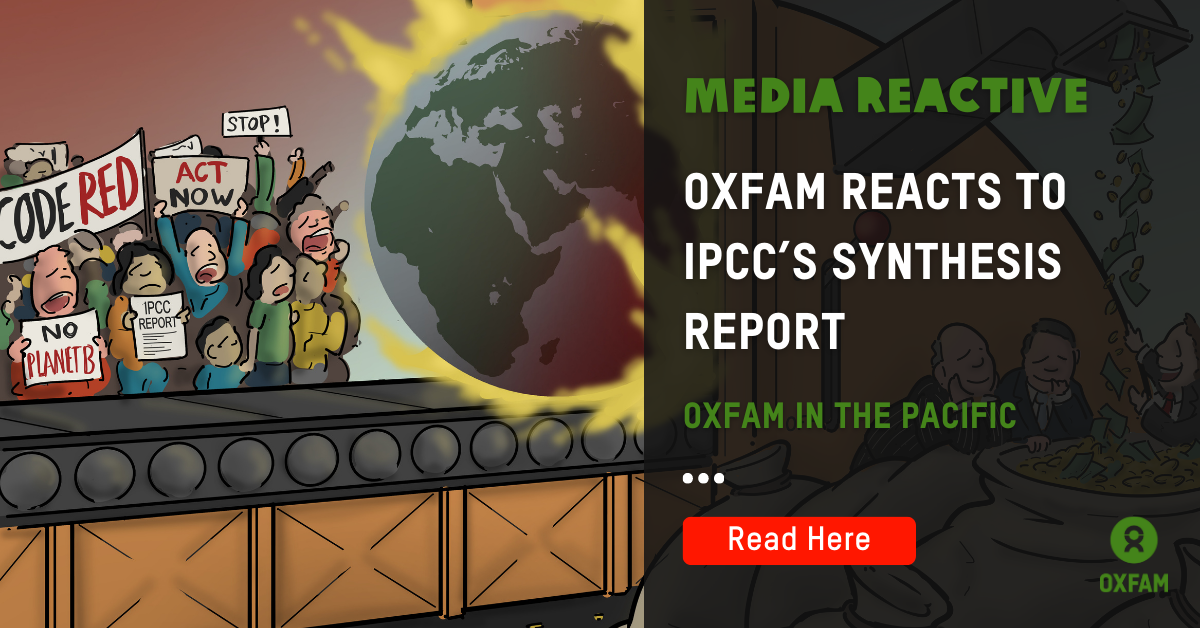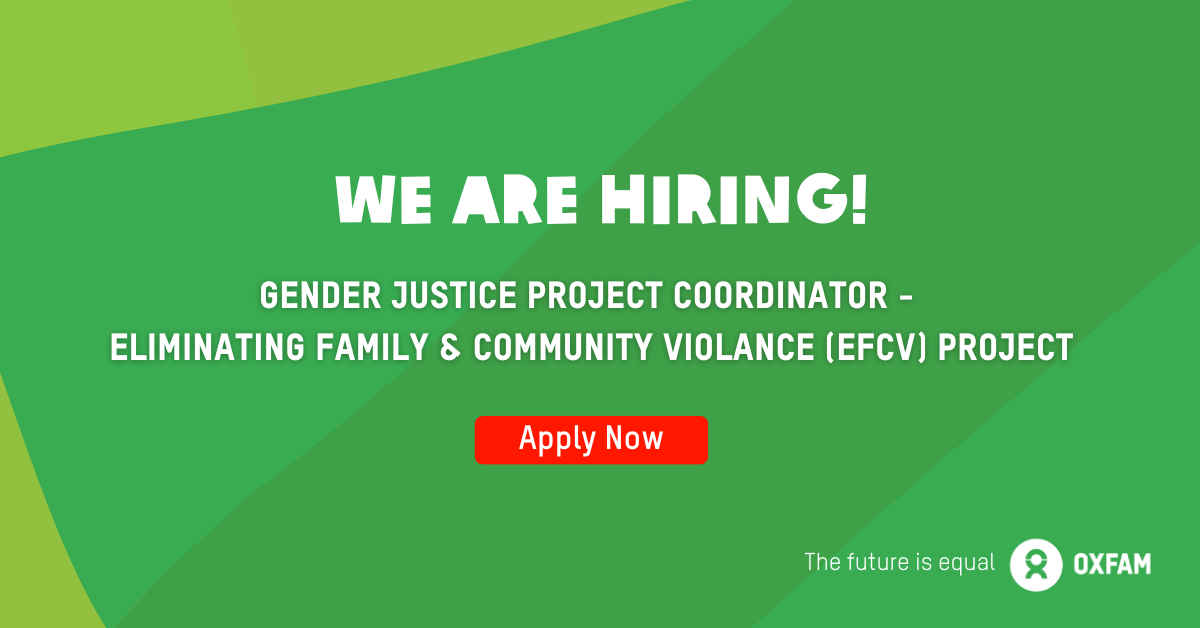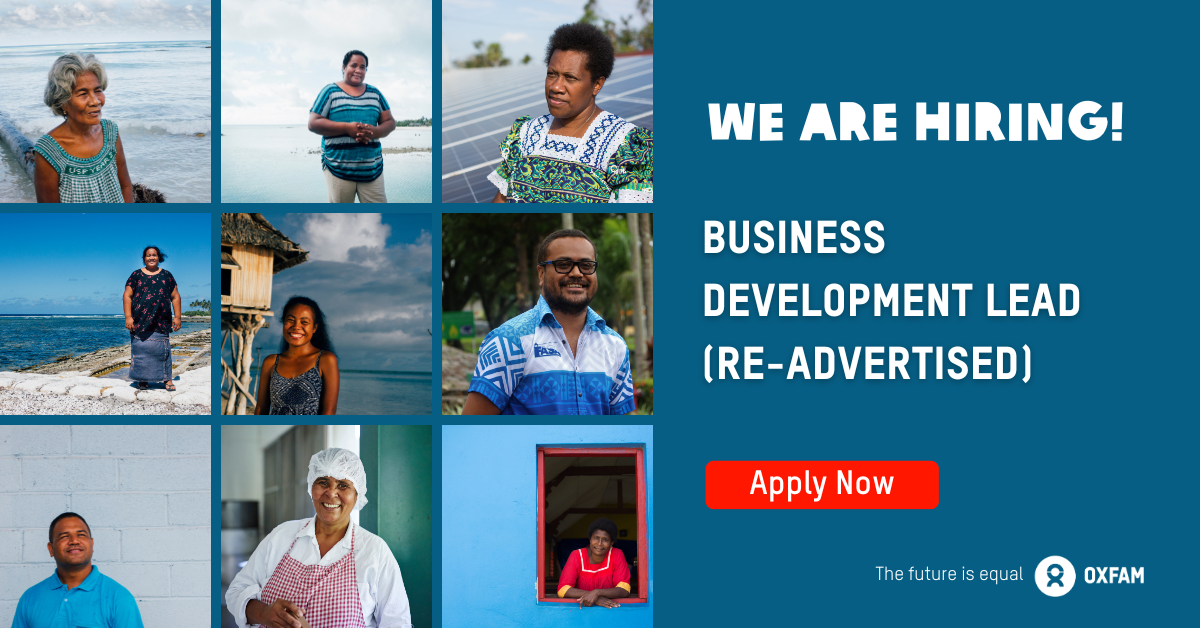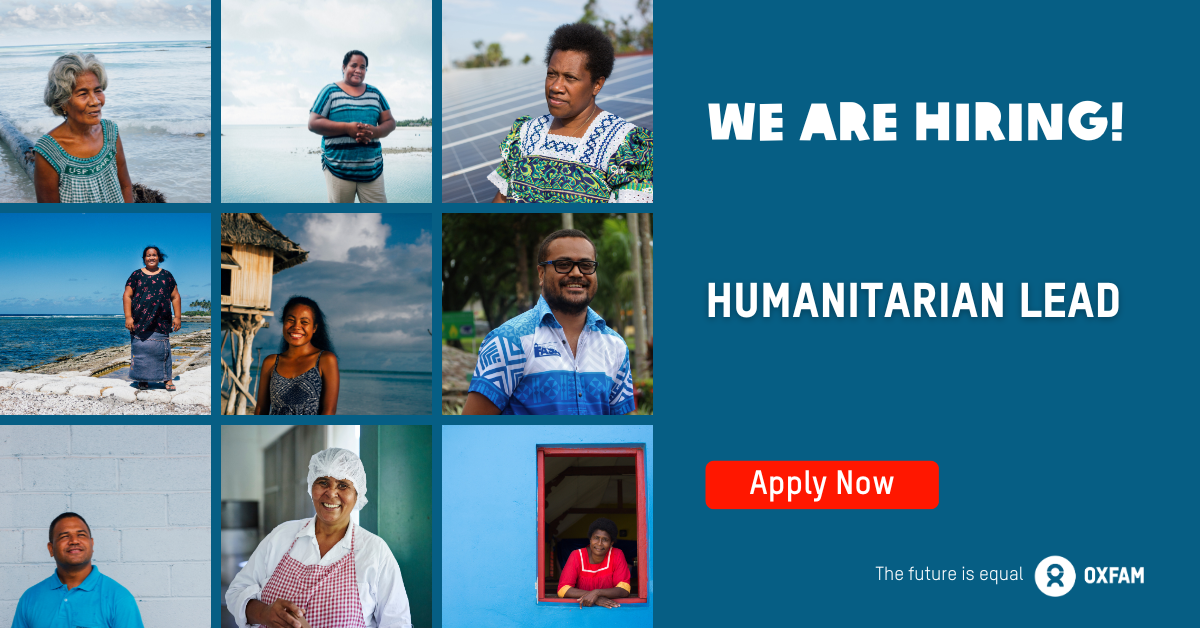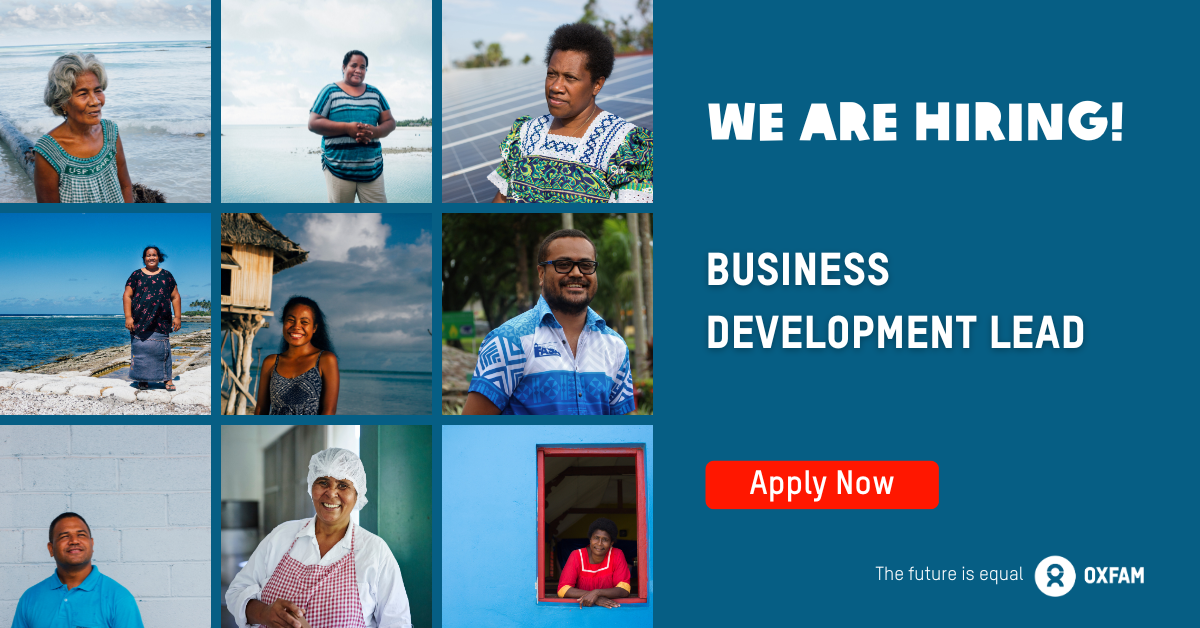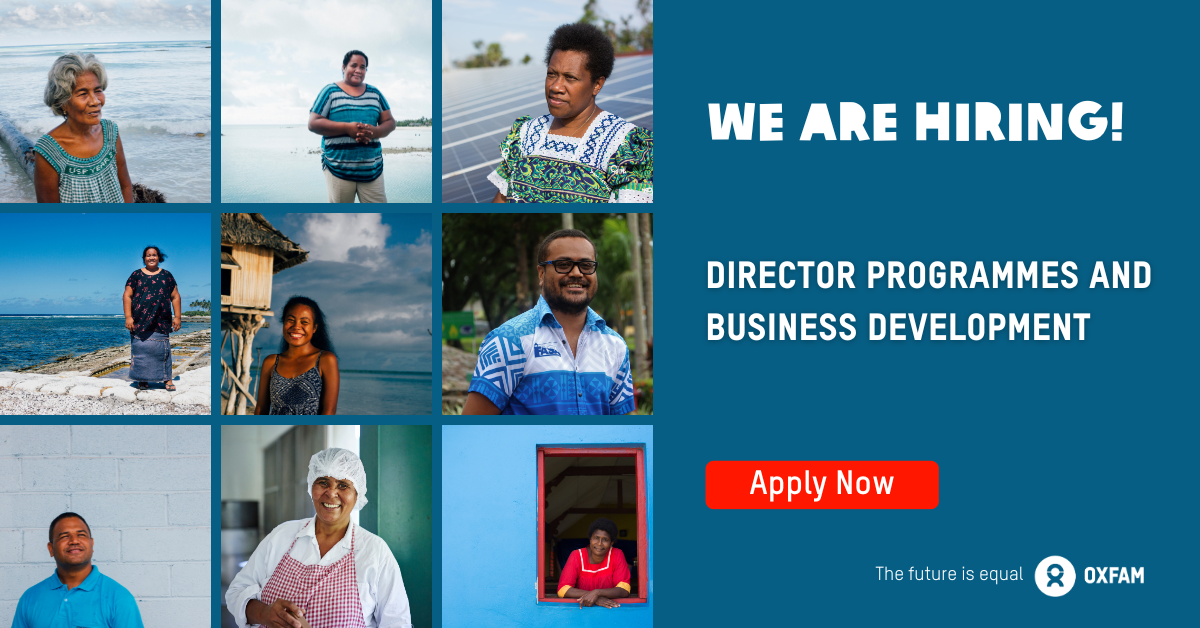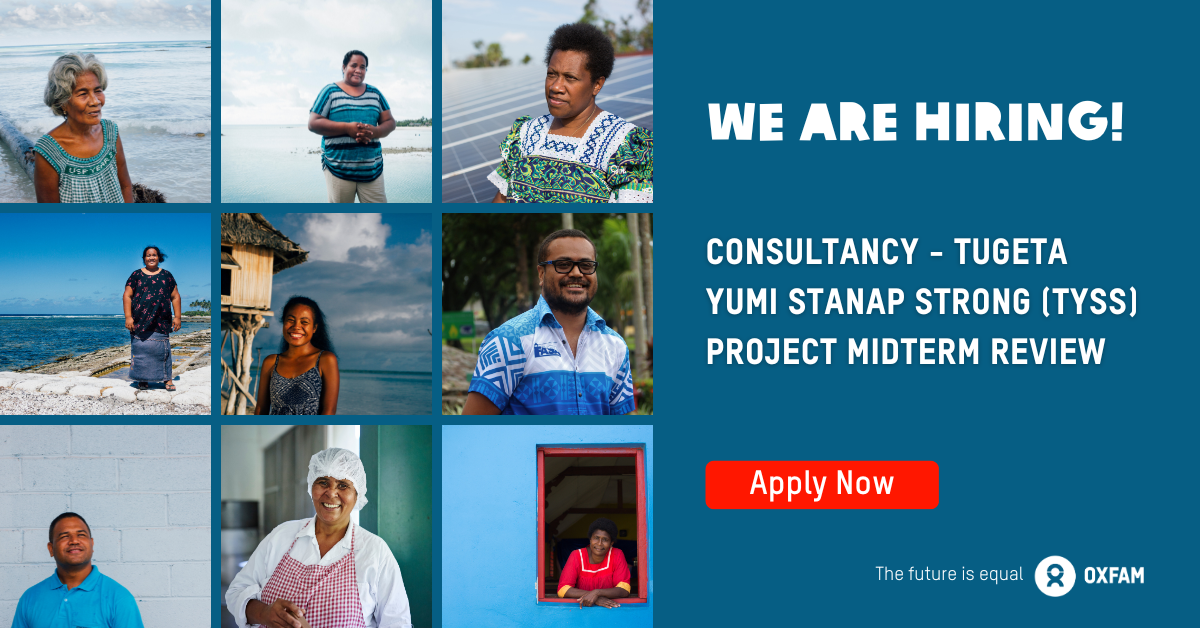Responding to the publication today of the IPCC’s Synthesis Report (SYR), Oxfam’s Climate Policy Lead Nafkote Dabi said:
“This is, literally, the last chapter. The science shows that limiting global heating to 1.5°C is still possible —but only just. Unless we pull the emergency brake on deadly carbon pollution, ‘unheard–of’ heatwaves, storms, droughts and floods will continue to become more frequent and hit more places and people. People living in poverty are bearing the brunt of these climate–induced crises, including mass hunger happening now in Eastern Africa, with a rise of just 1.1°C.
“It’s outrageous that after six massive IPCC reports, 27 climate change conferences and the eight hottest years on record —with emissions still rising— governments continue to encourage the oil and gas industry to drill deeper and wider for fossil fuels. More than 600 fossil fuel lobbyists were at COP27 and an oil boss will lead the next climate talks in Dubai.
“Oil giants raked in record profits in 2022. They are extracting these riches from a stricken planet. Their statements of ecological concern ring hollow. If governments had clawed back the massive profits that oil and gas producers funnelled to their rich shareholders last year, they could have increased global investments in renewable energy by nearly one–third.
“We can tackle the climate crisis and end poverty. This is not an either or. If the richest 1 percent stopped squandering so much carbon on private jets, big polluting cars and investments in fossil fuels, the poorest half of humanity could grow their tiny carbon footprints to get their basic needs met.
“To stay within the 1.5°C guardrail, every person on Earth would need to stay below an average of 2.2 tons of CO2 emissions per year by 2030. The richest 1 percent exhaust this remaining ‘carbon budget’ in just 12 days each year, while the poorest 50 percent of humanity emits less than half over an entire year. This inequality is absolutely ridiculous.
“There’s only a sliver of a chance of limiting heating to 1.5°C but we can’t throw in the towel. Every fraction of a degree of heating prevented will be counted in millions of lives saved. Even a half–degree could make it much more difficult to grow crops, raise animals and catch fish.
“We need funds for climate action and deep cuts to emissions —not just by the richest countries, but also by the wealthiest individuals and corporations. Rich countries are most responsible for the climate crisis and must pay their debt to poorer countries by providing sufficient money for adaption, shifting to renewable energy, and addressing loss and damage. There is neither enough time nor carbon left for empty pledges and false solutions like carbon capture and storage. Endless adaptation to climate change is not possible —we need a fast and equitable phase–out of fossil fuels. Otherwise, a catastrophe for people in every country will be just around the corner, and it will be painful.”

